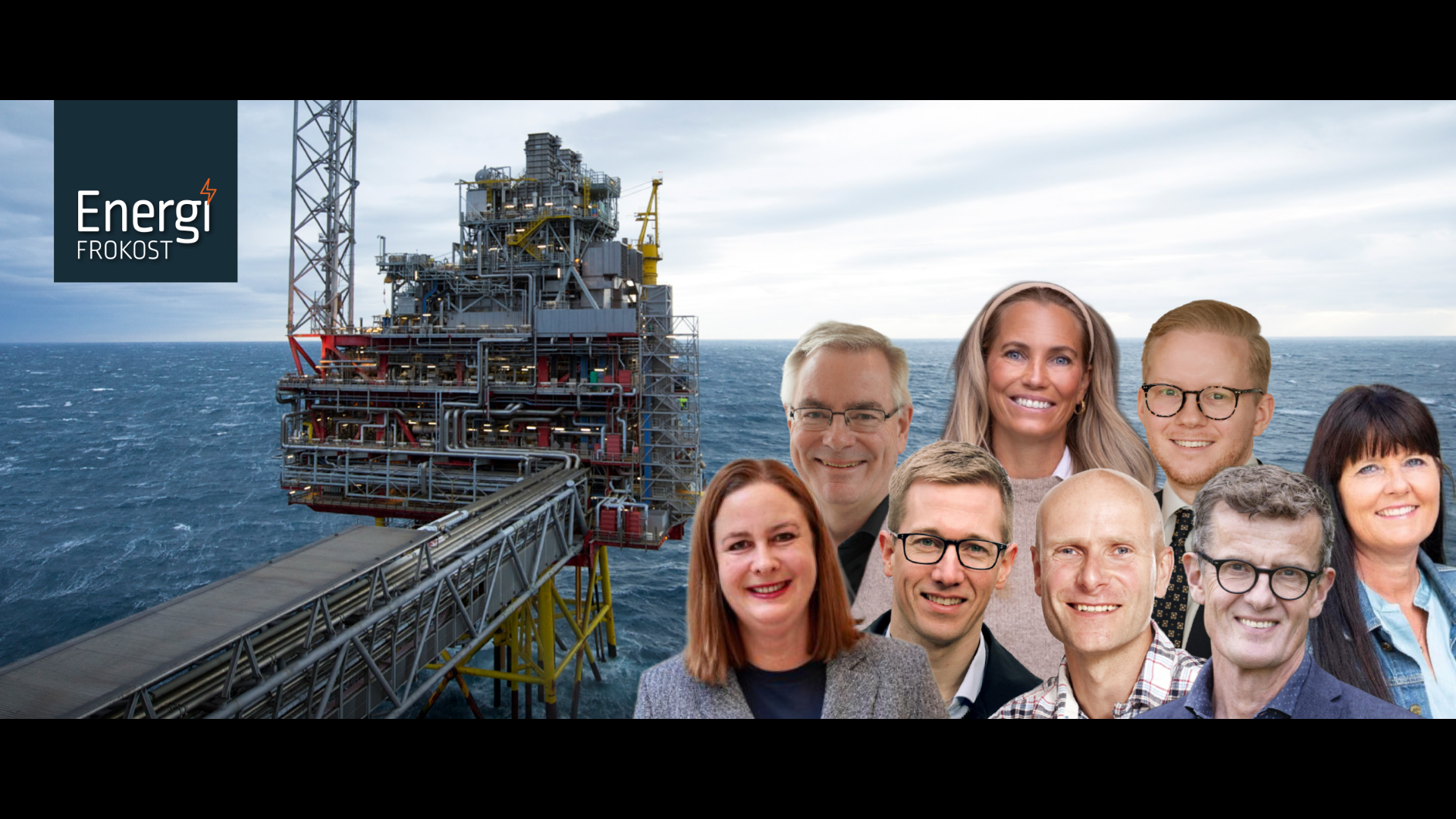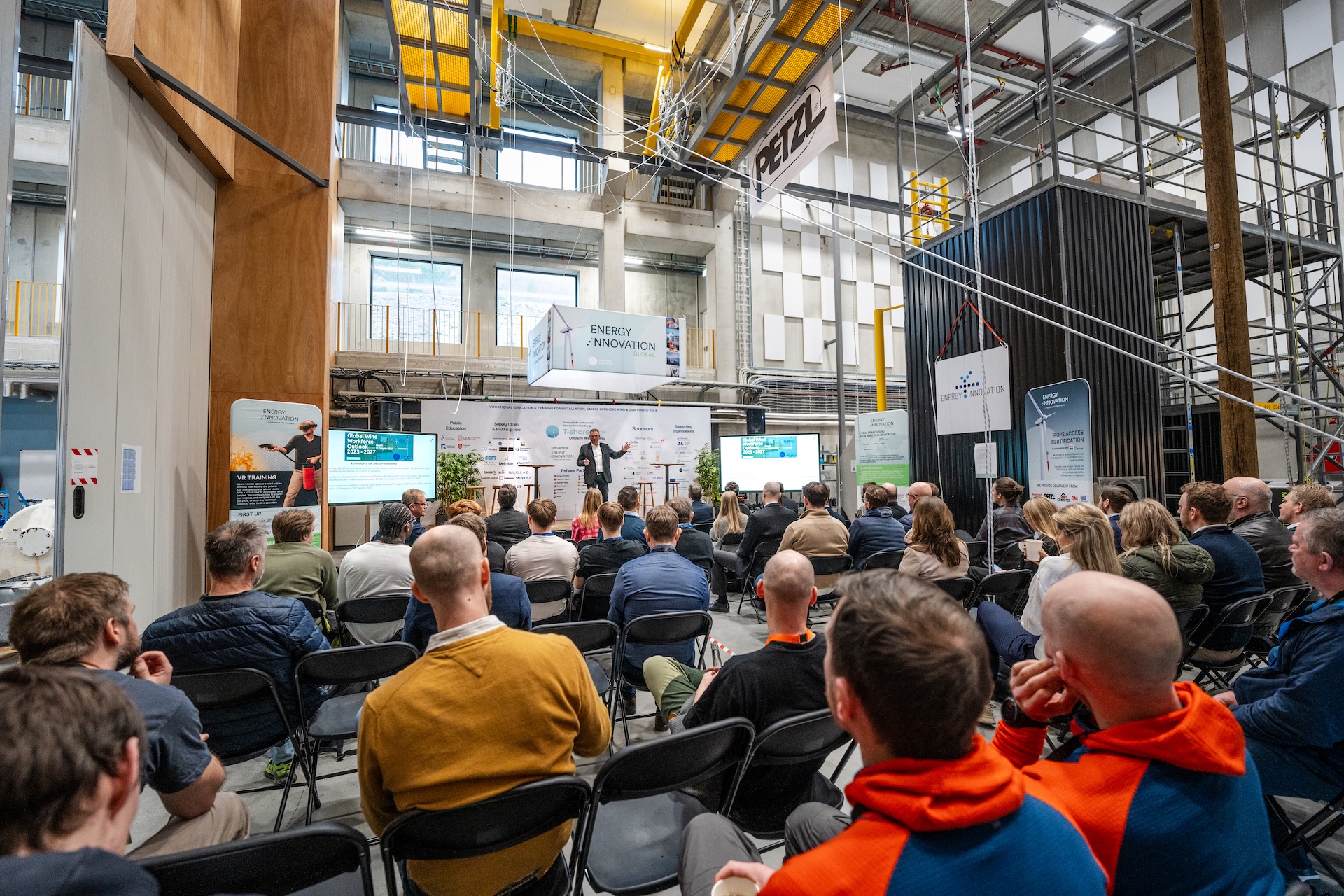Collaboration for the future sustainable offshore industries
Seminar: REPO SFI (Centre for Innovation) - Present and Future of Repurposing Energy Infrastructure on The Norwegian Continental
11:30 - 12:00 Lunch at Måltidets Hus
12:00 - 14:00 Seminar
Preliminary Agenda:
1) Introduction – Main challenges of today’s facility decommissioning practice in the new regulatory and economical environment
Anne-Lise Søyland - Offshore Norge: Main challenges and opportunities of offshore facility decommissioning in the future sustainable framework
Uwarwema Theogene – Sokkeldirektoratet: Co-Existence of the future offshore industries
NN Major Operating company: Technology status and need for sustainable offshore facility decommissioning in the future
2) Offshore industry’s perspective for sustainable future decommissioning and repurposing
Industrial actor’s view on new possibilities:
Ying Guo – NORCE: «Tenke tanke» for offshore facilities
Aje Rihel – Esgian: Sustainability through insight and informed decisions
Gunnar Eskeland– Norges Handelshøyskole NHH / Harald Ramsfjord - Ramsfjord Technology: Between a rock and a hard place: The opportunity of repurposing that we risk mismanaging in the Petroleum Sector.
NN - Source Galileo: Sustainable offshore wind energy production
NN - Energy Transition Norway: Learn from other countries through our international network
3) SFI REPO research areas
Ying Guo – NORCE: Proposed research areas to address the future challenges – basis for SFI scope discussion
All: Discussions from all participants
Summary and way forward
Background:
A deep energy transition meets humanity in our time. For Norway, an important question is how aging offshore petroleum infrastructure can also be repurposed for fast-evolving carbon neutral offshore industries. These maturing structures r epresent a monolithic challenge with significant impending workloads, with REPO addressing the need to invest in competence on de- and recommissioning capacity, revise regulatory & incentive frameworks for existing, and future assets & activities on the Norwegian Continental Shelf (NCS).
REPO’s objective is to identify possibilities for the Repurposing, Reusing, and Recirculating (REPO-3R) of offshore infrastructures for O&G industry. This task asks for innovations, both technological and within a regulatory framework, to allow emphasis in decision-making on innovation, sustainability and circularity.
REPO examines whether repurposing opportunities are excessively constrained by legal, economic, and environmental barriers which causes a multi- and interdisciplinary consortium comprising approaches encompassing engineering, law, understanding of climate & the marine environment, life cycle assessment, and principles of the circular economy. An important hypothesis is that more competence on environmental implications, technological opportunities, and inter sectoral synergies & conflicts, can allow for gainful repurposing.
REPO SFI centre has proposed the main objective: To identify barriers and propose technical & regulatory solutions for sustainable utilization of oil &gas (O&G) infrastructures; providing repurposing possibilities to upcoming industries such as CCUS, wind power production, offshore aquaculture and energy hubs on NCS.
We will inparticular work in the areas as listed below, but the seminar will discuss industrial need and knowledge gaps to reach the REPO goal.
1) Develop a REPO Database focusing on infrastructure and decisions such as development plans, re- & decommissioning, the role of inter sectoral barriers, value creation, and ecological impacts.
2) Demonstrate novel solutions within 3 case studies of repurposing which target: CCUS, wind energy & aquaculture, and assess possibilities and required enhancement as basis for gap analysis.
3) Identify legal, economic, and environmental barriers for proposed new solutions to promote the upscaling and reutilization of O&G OEIs
4) Proposea cross-sectoral framework for the future: economically, ecologically and socially sustainable decommissioning to promote circular economy.
5) Establish Design for Sustainability (DoS) guidelines and procedures based on lessons learned.
6) Increase competence among the stakeholders and educate graduate students for future industries.
.png)
Upcoming events
Members only

Energifrokost
Offshorebransjen – Omstillingen som kommer
Members only

Energifrokost
Offshorebransjen – Omstillingen som kommer
Members only

Visiting Day at Egersund Energy Hub
Demonstrations, GWO Training and Workforce Development
Members only

Visiting Day at Egersund Energy Hub
Demonstrations, GWO Training and Workforce Development
